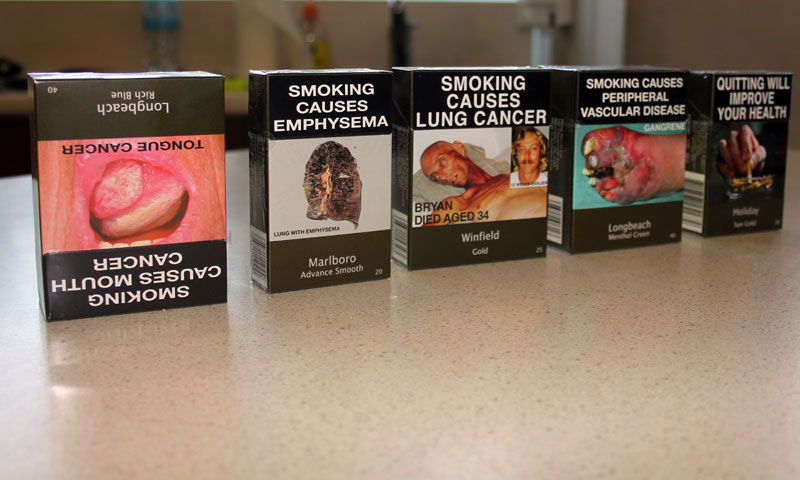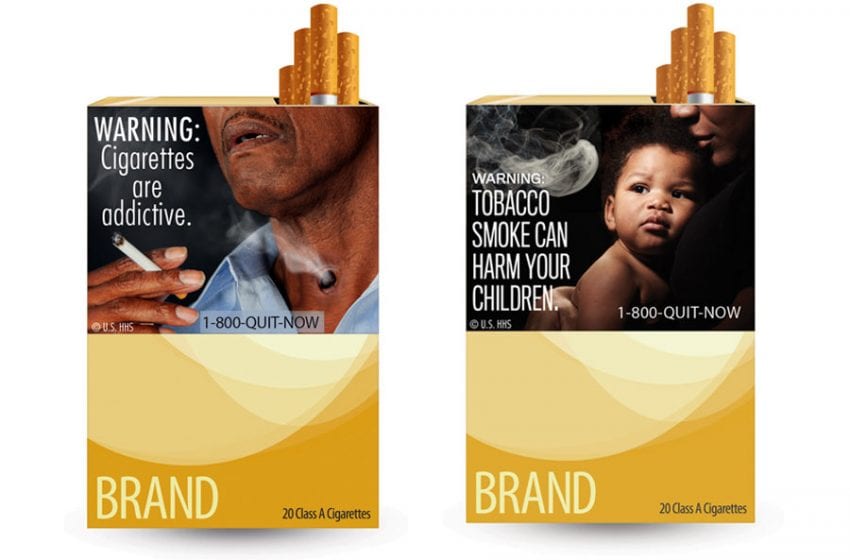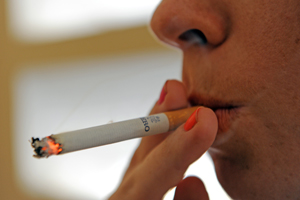The next EU Commission will propose strengthening tobacco regulations, based on a report ‘showing how the Tobacco Product Directive (TPD) works in practice’, according to a story by Sarantis Michalopoulos for Euractiv.com quoting the EU Commissioner responsible for health, Vytenis Andriukaitis.
The report was not specified, but, in line with Article 28(1) of the TPD, the Commission is required to submit in 2021 a report on the TPD.
“We have two issues: one is to collect information about electronic cigarettes but also different novel tobacco products,” Andriukaitis was quoted as saying. “They will have a lot of work to do. They need to show how the TPD works in reality and explore possibilities to improve it.”
The EU official, who recently announced he would run for Lithuania’s presidency, was said to have lashed out at the tobacco industry saying that it had not realised the damage it had caused.
Andriukaitis said tobacco was an “accidental product” in Europe as no one on the continent smoked before Columbus brought it here.
He said nicotine posed a completely different issue compared to that posed by alcohol. He conceded that alcohol consumption needed to be controlled but seemed to defend it on the grounds that alcohol had had ‘10,000 years of culture in the continent’.
Michalopoulos wrote that, ‘contrary to the EU executive and the World Health Organization’s strict approach, the tobacco industry claimed that vaping is a good way to replace smoking and eventually quit, and should, therefore, be encouraged’.
Andriukaitis, Michalopoulos wrote, insisted it was better to use smoking cessation aids such as Nicorette. But he added that if there was a real possibility to help heavy smokers kick the habit with the help of electronic cigarettes, then a specific methodology should be followed.
“If one uses electronic cigarettes as a method to stop smoking, it has to be managed by medical doctors and specialists, to be sold in pharmacies and not in supermarkets,” he said.
“But in reality, you see a different picture. The industry proposes dangerous products and they use different loopholes in the directive. And they use different advocates to say they are less harmful. Young adolescents who have never smoked before try to smoke electronic cigarettes. It’s ridiculous,” Andriukaitis said.










